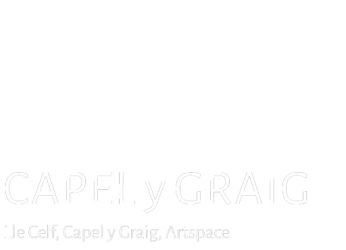There is a name for those under-and precariously employed, but actively working, academics in today’s society: the para-academic. Specialists in all manner of things, from the humanities to the social and biological sciences, the para-academic works alongside the traditional university, sometimes by necessity, sometimes by choice, usually a mixture of both. Frustrated by the lack of opportunities to research, create learning experiences or make a basic living within the university on our own terms, para-academics don’t seek out alternative careers in the face of an evaporated future, we just continue to do what we’ve always done: write, research, learn, think, and facilitate that process for others. As the para-academic community grows there is a real need to build supportive networks, share knowledge, ideas and strategies that can allow these types of interventions to become sustainable and flourish. There is a very real need to create spaces of solace, action and creativity. Endorsements: Academia is dying, and in the process compulsively crushes the desires for learning, creating, teaching, cooperating it claimed to foster. It is a relevant and important political gesture to invent a name, para-academics, for those who refuse to be crushed, who do not sadly dream about a return to the past, when the “worthy ones” were identified and separated from the flock, but inhabit interstices, inside, outside and in-between, activists and bridge-builders where separation prevailed. It is claiming they are alive, not just surviving, and are part of the fragile creation of a collective future worth living. Isabelle Stengers, author of Cosmopolitics and co-author of Women Who Make a Fuss: The Undutiful Daughters of Virginia Woolf This is a hugely important book for anyone who feels (as I often do) alienated or marginalised by corporate academic life. It not only gives a voice to a growing constituency of para-academics; it also articulates a series of alternative visions for the future of the university, driven not from the centre but from the margins, the borderlands, the places where the interesting stuff happens. As such, it should be read not only by those who already work in the margins, but by all academics, students, researchers and administrators from across the academy who wish to find out what they are missing. Gary Rolfe, author of The University in Dissent


